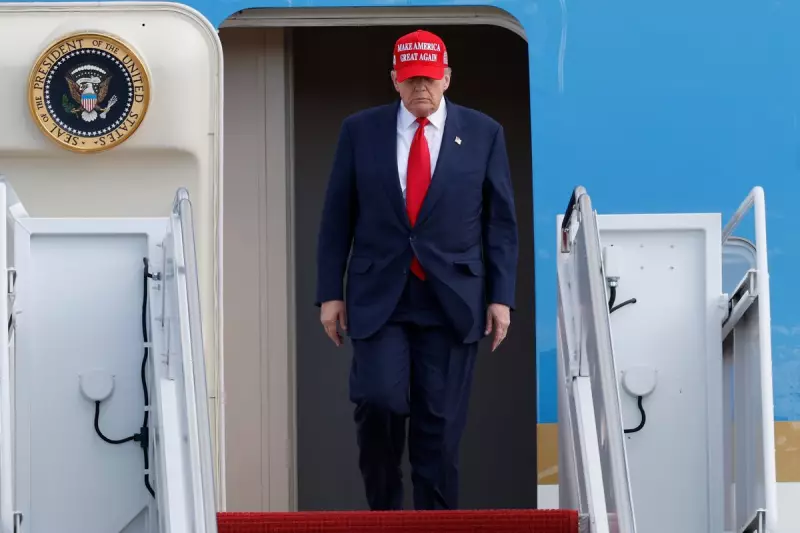
Startling revelations have emerged from the US Defence Department, exposing covert plans developed during Donald Trump's presidency for potential military intervention in Nigeria. The classified strategy aimed specifically at protecting Christian communities from the escalating violence perpetrated by extremist groups including Boko Haram.
The Covert Defence Blueprint
According to documents obtained by The Independent, the Trump administration had prepared detailed military options for Nigeria, marking a significant departure from traditional diplomatic approaches. The plans focused on providing direct protection to Christian populations who have faced increasing persecution and violent attacks across the African nation.
Religious Violence Escalates
Nigeria has witnessed a dramatic surge in religiously-motivated violence in recent years, with Christian communities particularly targeted by Islamist extremist groups. The situation has drawn international concern as attacks on churches, Christian villages, and religious leaders have become increasingly frequent and brutal.
Boko Haram's Reign of Terror
The notorious Boko Haram insurgency has been responsible for thousands of deaths and the displacement of millions across northeastern Nigeria. Their campaign of violence has specifically targeted Christian communities, leading to what many human rights organisations describe as systematic religious persecution.
Trump's Unconventional Approach
The former president's administration took a particularly keen interest in the plight of Nigerian Christians, viewing their protection as both a humanitarian imperative and a strategic priority. This approach reflected Trump's broader foreign policy stance, which often prioritised religious freedom in international relations.
Defence Department Preparations
Military planners within the Defence Department developed comprehensive strategies that included:
- Potential special forces deployments
- Intelligence sharing enhancements
- Training programmes for Nigerian security forces
- Emergency response protocols for attacked communities
International Implications
The revelation of these prepared military plans raises significant questions about the boundaries of international intervention and sovereignty. Nigeria, as Africa's most populous nation and largest economy, has traditionally maintained a position of regional leadership and independence in security matters.
The exposed documents provide a fascinating insight into the Trump administration's foreign policy machinery and its willingness to consider direct military action to address religious persecution. As Nigeria continues to grapple with security challenges, these revelations shed new light on how international powers view and potentially respond to complex humanitarian crises.





